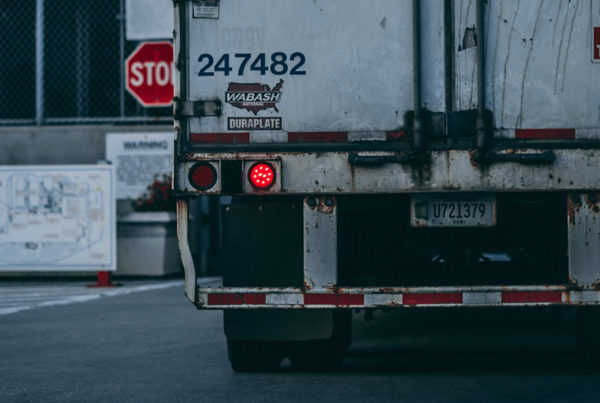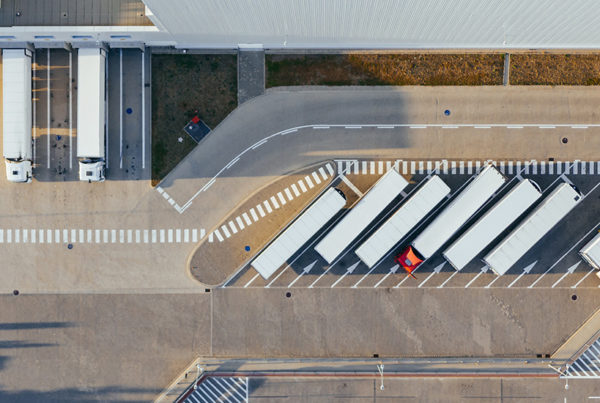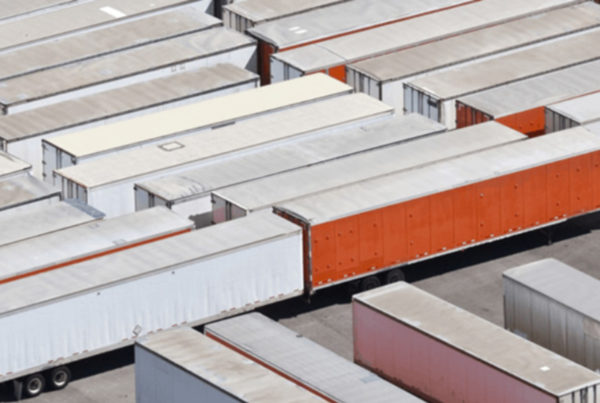Reduce the chance of cargo, truck and trailer theft with the latest fleet security measures and tactics.
Losing vehicles and cargo to theft has a hugely negative impact on your fleet in many ways – which makes ensuring their safety a huge priority. It remains one of the biggest threats to your bottom line, which means that keeping the risk of theft low is a top priority for anyone working in the field.
Theft of cargo and vehicles can have a catastrophic impact on fleets. Not only does stolen cargo have to be replaced, it can also leave customers frustrated with the service they have received. On top of that, even when trucks and trailers aren’t stolen, they often sustain damage in incidents, which can be expensive to repair.
Every step you take to keep cargo and vehicles safe from theft will help your fleet become more efficient, safer and keep your customers satisfied.
TAPA, the Transported Asset Protection Association, gathers figures on cargo theft, and in 2016 alone it recorded nearly €78 million was lost due to thefts from fleets in the EMEA region. Danger to drivers is also a major concern, with the data showing that 87 of the recorded crimes involved violence.
Keeping your trucks, trailers, cargo and drivers safe is a constantly evolving challenge and you need solutions that let you stay one step ahead of the thieves. Use modern technology and digitisation to lower the risk of theft, as well as improving your processes.
Improve vehicle security
Improving security means ensuring your vehicles are fitted with the latest in anti-theft solutions, but this isn’t the only option. Some security solutions centre around improving processes and behaviours, such as training drivers on how to avoid theft and lower the risk of their vehicle being targeted.
Something as simple as employee uniforms and ID is an easy way to ensure only authorised drivers climb into your cabs. The same goes for using PIN number locks on vehicles, so only staff who know the code can get things moving.
Training drivers on where to securely park and what stops to avoid can go a long way. They can also use TAPA’s secure parking online tool, which displays safe spaces identified along their route. This was developed after research found in 2015 there were 866 freight thefts (or attempted thefts) at unsecure parking locations across the EMEA.
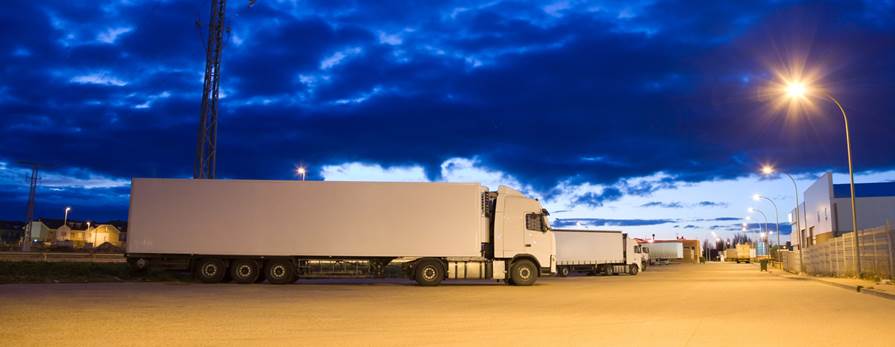
Beyond that, you need to care for your vehicles when they are not occupied. If the driver has parked up on the way to a delivery, they need to use safe parking spaces that are monitored, whether by people or cameras, with adequate fencing and lighting to deter thieves.
Lock technology is trying to stay one step ahead of the people targeting your cargo, so have a look at the latest developments and see how it can be applied across your fleet. You can use telematics devices that update you at your HQ with exactly where your trucks and trailers are, and their status, so you can immediately see if there’s an issue to be dealt with and track any vehicles that have been stolen.
Make trailers more secure
While your truck is an important asset, and driver safety is paramount, you also need to secure the trailer to ensure your precious cargo remains safe. After all, if you can’t deliver goods safely to your clients, your business is likely to suffer damage to its reputation.
Keeping your trucks, trailers, cargo and drivers safe is a constantly evolving challenge and you need solutions that let you stay one step ahead of the thieves.
Trailer technology has come a long way and if you take the proper precautions you can lower the risk of a trailer being stolen, damaged or tampered with significantly. Dealing with the loss of a trailer introduces a lot of extra work, including sending out replacements, communicating with customers what has happened, factoring in downtime and expensive repairs, involvement of insurance companies and added bureaucracy.
You can take simple steps to improve trailer security, from PIN-operated locks to real-time status updates from telematics devices, which can also be used to help track lost or stolen trailers. Consider products like Trailer Immobilizer too that will lock the brakes until a PIN code is entered and trigger alarms if interfered with.
Keep cargo safe
Not all threats to cargo are external. In rare cases, misconduct from members of staff can also have a real impact on your company. Fake hijacks and items being removed from the trailer are not unheard of and can lead to significant losses. Some 60.7% of incidents in 2016 included theft from a vehicle, rather than theft of the whole vehicle.
Screening staff will help to offset this, while having checks and systems in place to avoid carrying unregistered or counterfeit goods is also worthwhile. Use monitoring technology that can provide you with constant updates of your trailer location and status, so you’re on top of where things are and if they’re safe or not. If a driver accesses the trailer when they don’t need to, you’ll know about it and will be able to contact them to find out why.
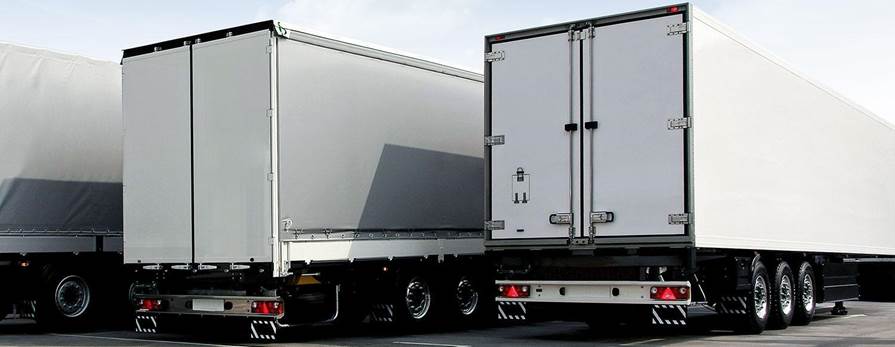
Trailer Immobilizer can assist here as it prevents drivers from accidentally or intentionally picking up the wrong trailer. The wheels are locked or released using a one-step process and it can also help companies comply with the TAPA Truck Security Requirements.
Provide additional cargo security with the range of OptiLock locking solutions. These secure the trailer and container doors, with a choice of options, whether you want a fixed or variable attachment. Plus, the likes of a king pin lock can be used to identify trailers to avoid coupling the wrong trailer as well.
Train your drivers
Beyond the choice of vehicle security systems, driver training can also work towards reducing the chance of cargo and vehicle theft. Teach them to watch out for warning signs, stay in contact, apply the fleet-wide security measures and park in safe places.
Employing a policy that bans your trucks from stopping in the so-called ‘red zone’ – the initial 200 miles after leaving base when thieves sometimes follow trucks to see if they stop – can be advisable. You can ensure this is adhered to with tracking and monitoring hardware and software, and that will help you plan future training for your team.
Every step you take to keep cargo and vehicles safe from theft will help your fleet become more efficient, safer and keep your customers satisfied.

